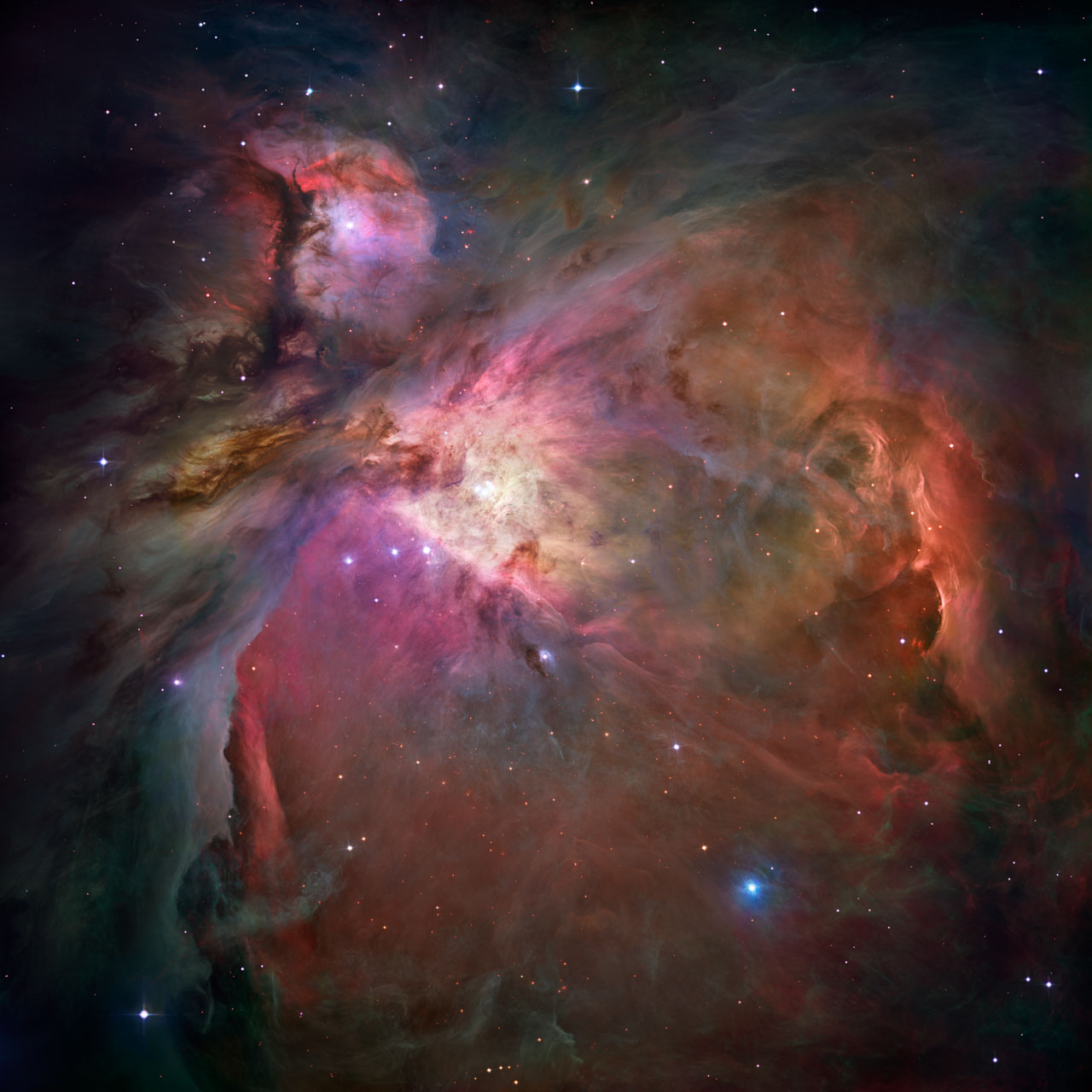It is a staple of sermons on love that we are required to love our neighbor, not like them. I think this is true. But it seems to me that in many cases, perhaps even most cases, _dis_liking people is a moral flaw. My argument below has holes, but I still think there is something to the line of thought. I am sharing it because it has helped me identify what seems to be a flaw in myself, and it may be a flaw that you share.
Just about everyone has some dislikable feature. After all, just about everyone has a moral flaw, and every moral flaw is dislikable. Moreover, there are many dislikable features that are not moral flaws: a voice that is too hoarse, a face that is too asymmetrical, an intellect that is too slow, etc. However, that Alice has a dislikable feature F need not justify my disliking Alice: on its face it only justifies my disliking F. For the feature to justify disliking Alice, it would have to be a feature sufficiently central to Alice as a person. And only moral flaws or faults would have the relevant centrality, I think.
If I dislike persons because they have a disability or because of their gender or their race, that is a moral flaw in me, even if I act justly towards them. This suggests that dislikes cannot have an arbitrary basis. There must be a good reason for disliking. And it is hard to see how anything other than a moral flaw could form the right kind of basis.
Moreover, not just any moral flaw is sufficient to justify dislike of the person. It has to be a flaw that goes significantly beyond the degree of flawedness that people ordinarily exhibit. Here is a quick line of thought. Few people should dislike themselves. (Maybe Hitler should. And I don’t deny that almost everyone should be dissatisfied with themselves.) Hence few people are dislikable. Granted, there is a leap here: a move from being dislikable to self and being dislikable to another. But if the basis of dislikability is moral flaws, it seems to me that there would be something objectionably arbitrary about disliking someone who isn’t dislikable simpliciter.
Yet I find myself disliking people on the basis of features that aren’t moral flaws or at least aren’t moral flaws significantly bigger than flaws I myself have. Indeed, often the basis is a flaw smaller than flaws I know myself to have, and sometimes it is a flaw I myself share. This disliking is itself a flaw.
I may love the people I unfairly dislike. But I don’t love them enough. For unfair disliking goes against the appreciative aspect of love (unless, of course, the person is so flawed as to be really dislikable—in which case the appreciative aspect may be largely limited to an appreciation of what they ought to be rather than what they now are).
I used to be rather lessez-faire about my dislikes, on the fallacious ground that love is not the same thing as liking. Enough. Time to fight the good fight against dislike of persons and hence for a more appreciative love. Pray for me.
That said, there is nothing wrong in disliking particular dislikable features in others. But when they are dislikable, one should also dislike them in oneself.
